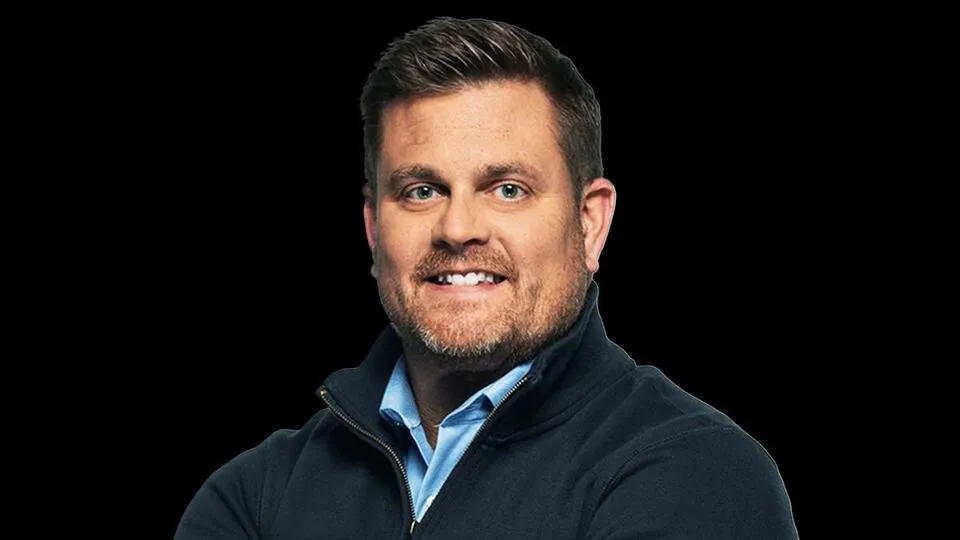Shockwaves in Healthcare: UnitedHealthcare CEO Murder Sparks Outrage and Calls for Change
In a devastating turn of events that has sent tremors through the healthcare industry, UnitedHealthcare CEO Brian Thompson was brutally murdered in New York City, igniting a firestorm of public anger and deep-seated frustrations with the American healthcare system. The shocking incident has exposed the raw nerves of a complex and often criticized health insurance landscape.
The Tragic Incident
On a seemingly ordinary day, Brian Thompson’s life was abruptly cut short in what investigators believe was a targeted attack. The suspect, Luigi Nicholas Mangione, has been arrested and pleaded not guilty to murder and terrorism charges. Preliminary investigations suggest the murder may be linked to broader systemic issues within the healthcare industry.
Underlying Tensions
The killing has brought to the surface long-simmering frustrations among American consumers. Key issues that have emerged include:
- Widespread claim denials: Over 20% of health insurance claims are routinely rejected
- Escalating healthcare costs
- Perceived disconnect between insurance company profits and patient care
“Our healthcare system does not work as well as it should,” acknowledged Andrew Witty, CEO of UnitedHealth Group, in a poignant op-ed addressing the systemic challenges.
Public Sentiment and Reaction
Social media platforms have become a battleground of emotions, with users expressing complex reactions ranging from grief to anger. Some posts have even celebrated the violent act, highlighting the deep-rooted resentment towards health insurance practices.
A System Under Scrutiny
Thompson himself was known for advocating for a more transparent and compassionate healthcare approach. In his own words, he often challenged colleagues by asking, “Would this decision benefit my own family?”
Broader Implications
The murder has triggered immediate industry responses. Some insurers have already begun reversing controversial policies in an attempt to address public outrage. The incident has reignited critical discussions about:
- Systemic healthcare reforms
- Insurance coverage practices
- Executive safety in corporate environments
The Human Cost
A handwritten note found with the suspect described health insurance companies as “parasitic,” underscoring the profound disconnect between corporate practices and public perception. This tragic event has become a symbolic moment, forcing the industry to confront its most significant challenges.
Investigative Insights
The New York Police Department believes Thompson may have been specifically targeted due to UnitedHealthcare’s status as the largest health insurer in the United States. The investigation continues to unravel the complex motivations behind this shocking crime.
A Call for Transformation
While the murder is an extreme and unacceptable response to systemic issues, it has undeniably drawn unprecedented attention to the fundamental problems within the U.S. healthcare system. The patchwork of policies built over decades has created a landscape of inefficiency and frustration.
Conclusion
As the healthcare industry grapples with this tragedy, one thing becomes crystal clear: meaningful change is not just desirable, but absolutely necessary. The murder of Brian Thompson must serve as a catalyst for genuine, patient-centered reform.
Note to Readers: Violence is never an acceptable solution to systemic problems. Constructive dialogue, policy changes, and collective advocacy remain the most effective paths to meaningful healthcare transformation.
If you or someone you know is struggling with feelings of anger or frustration, please seek professional support.






Leave a Comment